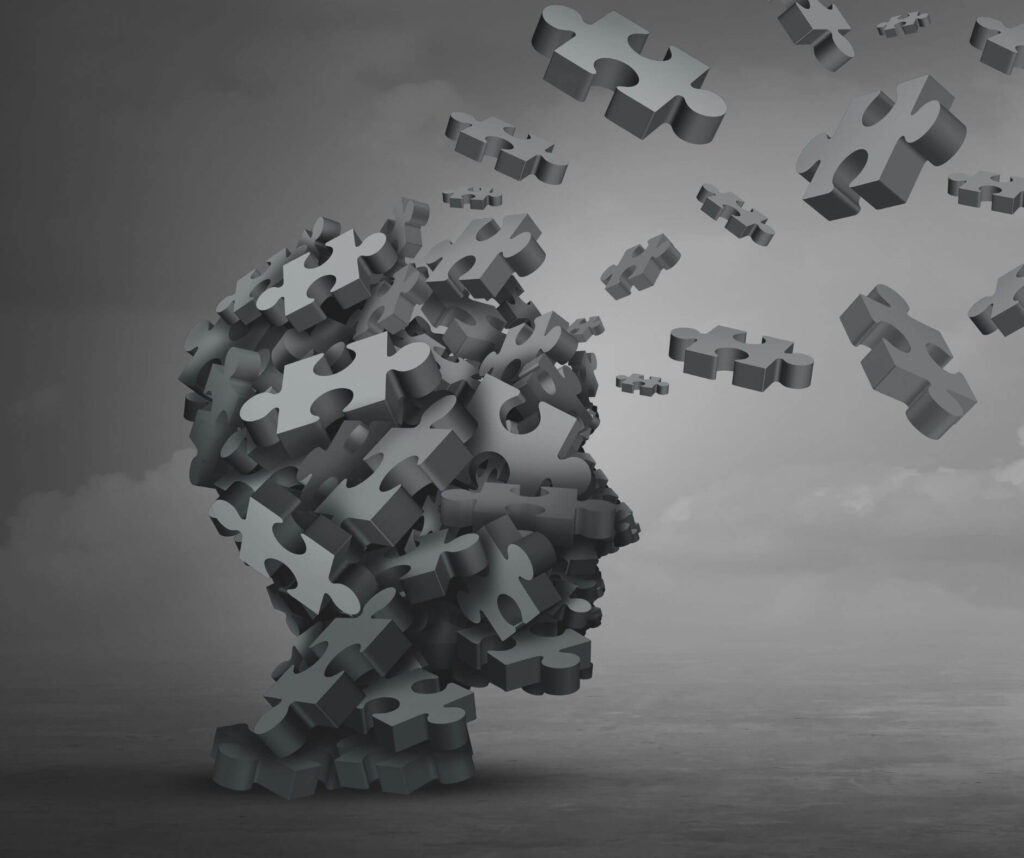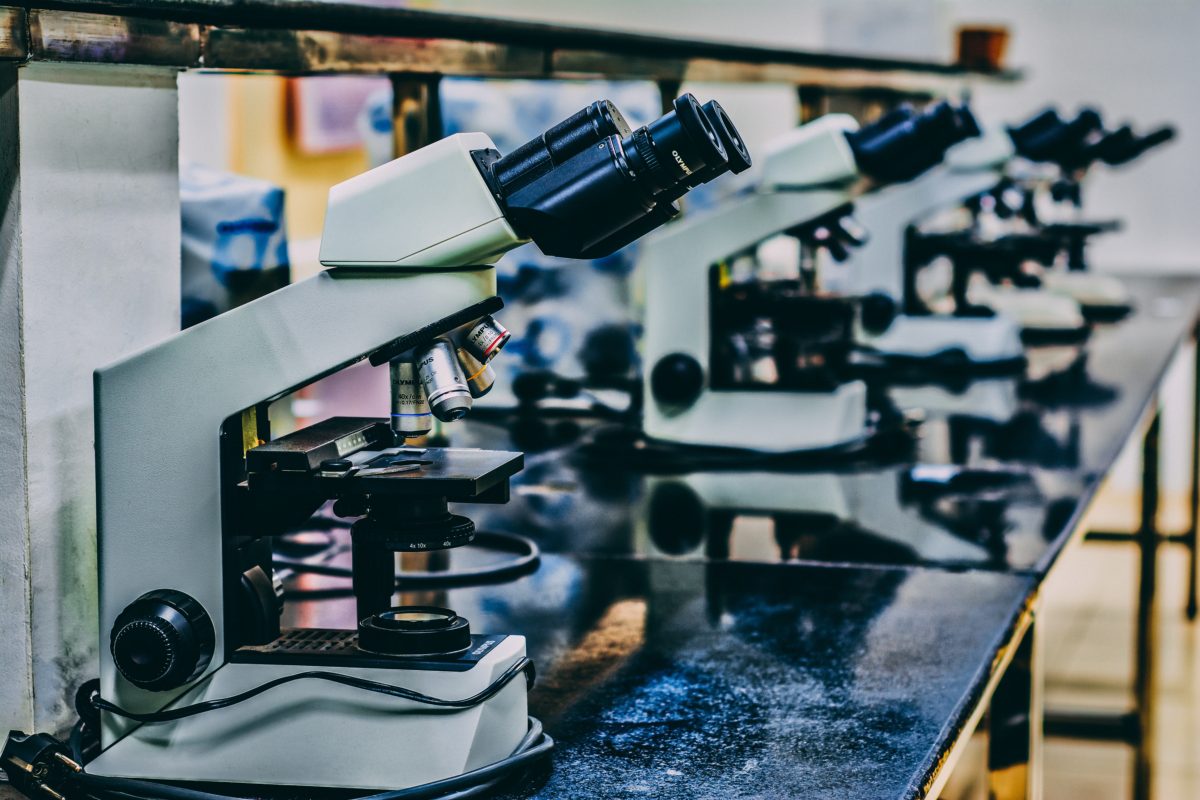Sex addiction is often quickly dismissed as an excuse men use to carry on a life of lies and cheating. Treatment centers aimed at recovery from sex addiction are also dismissed. Yet, porn addiction and sex addiction is more prevalent than ever. As a sex addiction therapist, I have come to understand the neurobiology of sex addiction. Specifically, how dopamine and chemical dependence influences sex addiction.
For over a decade, I have been faced with rebuttals and arguments that challenge my work’s legitimacy. Therapists in my field have been called “sex-negative” and “puritanical.” People tell us that we have a human right to express our sexuality.
These arguments have only reminded me of the excuses and lies I told myself while still active in my sex addiction and alcoholism. Often, these same arguments were how I defended my behavior.
Others claim that sex addiction is a scam and that no science confirms that sex addiction exists. These people would have you believe that therapists have created a fictitious disease to profit off of people.
Despite their claims, a large body of empirical evidence does exist in the area of sex addiction. I hope that one day, the science of sex addiction silences these people. Until then, their disbelief will continue to be a barrier for anyone who seeks recovery from sex or porn addiction.
Dopamine and Chemical Dependence: The Reward Center
To fully understand how chemical dependence influences sex addiction, you must also understand how addiction can hijack the brain. Specifically, you must understand the reward system of the brain.
The reward system is what processes dopamine. Dopamine is one of our body’s neurotransmitters. This neurotransmitter is responsible for, among other things, producing feelings of pleasure.
The reward system is made up of dopamine receptors. In a healthy and functioning brain, these receptors can receive and process dopamine at a standard rate. However, if the amount of dopamine receptors is limited, then the speed at which the brain processes dopamine will also be limited.
When that happens, typical feel-good activities don’t feel as good as they should.
When dopamine receptors are limited, you must seek opportunities to produce additional dopamine to feel normal. This begins to create a dependence on dopamine, otherwise known as chemical dependence. There are countless ways to encourage additional dopamine production – substance use, sexual behavior, gambling, etc.
These activities are addictive for some because they flood the brain with dopamine. An increase in dopamine creates a cycle that eventually becomes an addiction.
- You’re low on dopamine
- So you seek out a dopamine-producing activity
- Then, you feel happy
- But you eventually crash as dopamine production wanes
Rinse, wash, repeat. You are now dealing with full-on chemical dependence.
This is the very definition of addiction.
The cycle created by dopamine deficiency can be applied across almost any addiction – sex addiction included.
How Dopamine, Chemical Dependence, and Childhood Trauma are Linked
Lack of attunement, or bonding, early on in life can prevent dopamine receptors from forming. If you have fewer dopamine receptors, then, from an early age, you will be in the pursuit of dopamine.
Several studies show that adverse childhood and developmental experiences have a detrimental impact on the brain’s dopamine receptors. This deficiency is often the catalyst for substance addiction. These findings suggest that a chemical dependence could also be applied to behavioral addictions. In this case, specifically sex addiction.
Often, the first self-initiated feel-good behavior a child experiences is through sexual stimuli. Any experience that is sexual is going to provide the brain with a tsunami of dopamine. Your brain will register the initial event as a time when it finally received enough dopamine to feel normal.
Gary Wilson (2014) notes that during the teenage years, dopamine production is at its peak. This makes the brain of a teenager particularly vulnerable to porn or sex addiction.
It is important to mention that exposure to excessive sexual content can be overstimulating when you are young. Trauma is often caused by overstimulation or the input of too much information. Usually, the brain cannot process or handle:
- Overwhelming events,
- Information-dense events
- Events that involve too much stimuli
Gary Wilson (2014) notes that we are neither meant to see the amount of sexuality within pornography. Just one pornographic movie is filled with more graphic sexuality than our ancestors saw in their entire lives.
Pornography itself is not only a behavior chosen to relieve trauma temporarily. Pornography can also be the very cause of trauma.
Viewing sexual content creates a vicious cycle of reenactment and chemical dependency.

Dopamine Dysregulation and Chemical Dependence: Are Sex and Porn the Solution?
Sex and porn for dopamine production is a solution that many will return to repeatedly. Since sex is a staple of our development, it can quickly become a “go-to” solution for many people. Sexual behavior may work as a short-term solution; However, over time, chemical dependence on dopamine will ultimately result in addiction.
Dopamine Overproduction
Many of the sexual behaviors that people turn to induce an abnormal amount of dopamine production. These activities can include:
- Masturbation
- Viewing pornography
- Participating in high-risk sexual activities
The riskier the sexual behavior, the more dopamine gets produced in response. That is why sex addicts must seek out more dangerous and riskier sexual activity.
If sex is mixed with pain, fear, or shame, it increases the rush. This causes dopamine production to improve further, which creates greater feelings of pleasure. However, the brain continues to regulate dopamine processing. In turn, you need to participate in something even riskier to get the same effect as before.
It is important to understand that our brains simply cannot process such high amounts of dopamine.
This is Where Chemical Dependence Kicks In
- Progression: Needing more of the same thing to get the same effect.
- Escalation: Seeking out higher-risk/higher dopamine-producing behaviors
- Regulation: When dopamine production is abnormally high, the brain simply regulates how much dopamine gets processed. Simply put, the brain begins to disable dopamine receptors. This is called downregulation.
You go from using experiences and activities to feel-good to being dependent on them just to feel normal. It’s no longer about the high.
Participating in these experiences is now a requirement to avoid withdrawal and get to our baseline.
Gary Wilson explains.
“When dopamine receptors drop after too much stimulation, the brain doesn’t respond as much, and we feel less reward from pleasure. That drives us to search even harder for feelings of satisfaction—for example, by seeking out more extreme sexual stimuli, longer porn sessions, or more frequent porn viewing—thus further numbing the brain” (2014, 58).
We need a dopamine fix just to self-regulate now. This initiates the pathological pursuit of pleasure, rewards, and relief through the use of substances or behaviors.
Chemical Dependence and Sex Addiction
In the same way regular use of an addictive substance can cause chemical dependence, so too can repeated participation in sexual behavior. Studies have shown that an orgasm provides a dopamine rush that is equivalent to that of heroin use.
With that in mind, one must conclude that the studies that confirm substance use can lead to brain irregularities, dopamine deficiency, and chemical dependence must also apply to sex addiction.
Gabor Mate wrote about substance use, its effect on the brain, and resulting addiction.
“Why does chronic self-administration of cocaine reduce the density of dopamine receptors? It’s a simple matter of brain economics. The brain is accustomed to a certain level of dopamine activity. If it is flooded with artificially high dopamine levels, it seeks to restore the equilibrium by reducing the number of receptors where the dopamine can act. This mechanism helps to explain the phenomenon of regulation, by which the user has to inject, ingest, or inhale higher and higher doses of a substance to get the same effect as before” (2010,152)
Many experts agree that cocaine and other addictive substances create dopamine deficiency and chemical dependence. If sexual behavior produces the same reactions, then chronic and risky sexual behavior must also lead to regulation, escalation, chemical dependence, and addiction.
Recovery is Possible at Begin Again Institute
A significant problem that plagues those addicted to sex or pornography is the limited ability and freedom to express their authentic selves. This can drive a person to adopt and become addicted to sexual behaviors. However, healing and recovery are possible.
You must do the work. Some of how we create long-term recovery at Begin Again Institute is by:
- Properly educating our clients about the neurobiology of sex addiction
- Allowing clients to read and digest research-baked information
- Working to identify trauma and triggers
If you think you live with chemical dependence and sex addiction, don’t let the naysayers dissuade you from seeking professional treatment. At Begin Again Institute, we recognize the reality of sex addiction and how it negatively impacts the lives of those it touches.
Contact us today to learn more about our 14-Day Men’s Intensive.





